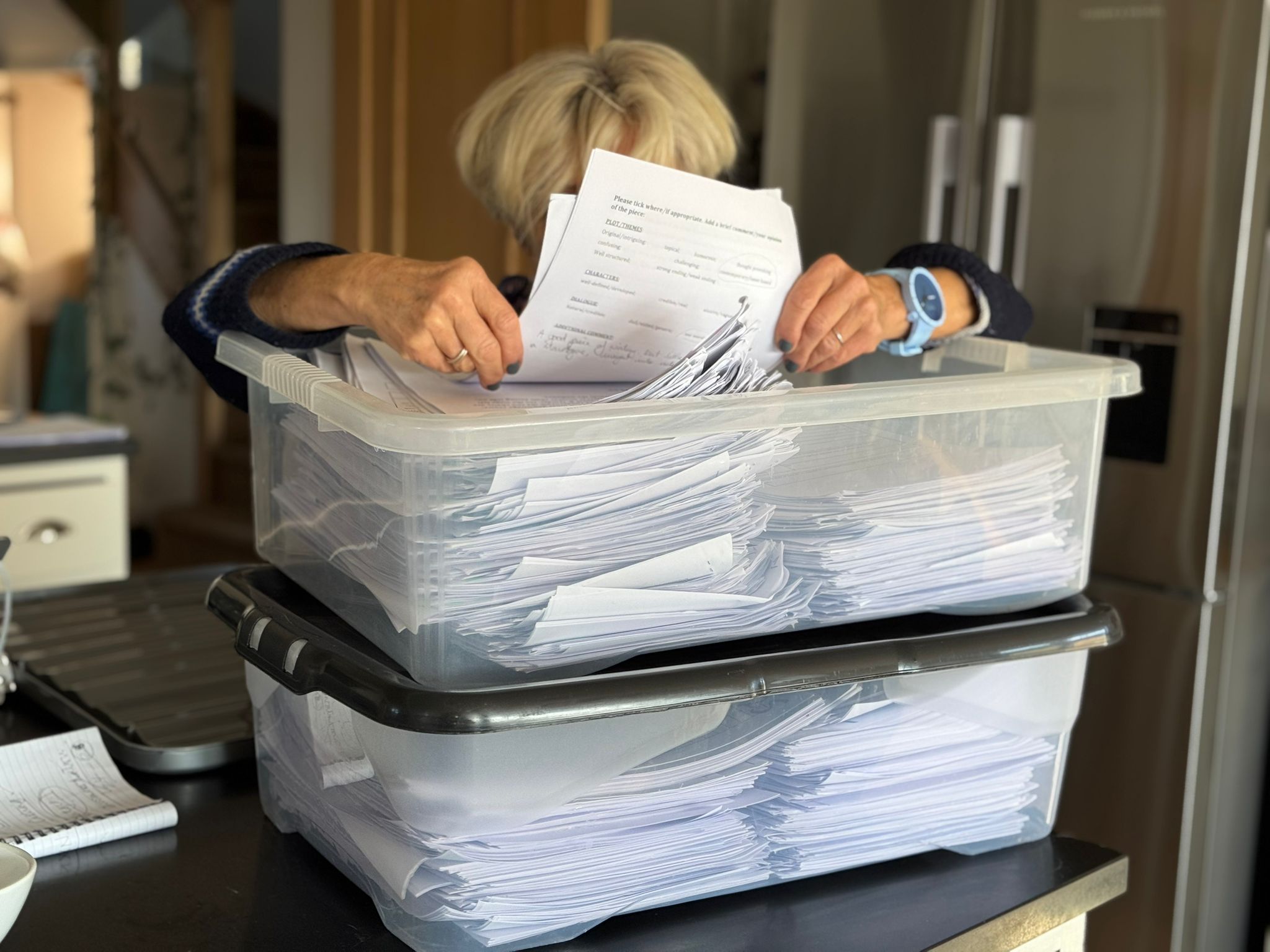Safeguarding Vunerable Adults Policy
Introduction
INK is committed to creating and maintaining a safe and positive environment and accepts its responsibility to safeguard the welfare of vulnerable adults in according with the Care Act 2014 and Safeguarding Vulnerable Adults 2015.
This Safeguarding Vulnerable Adults Policy and procedures apply to all individuals involved with INK in whatever capacity. This policy was reviewed and updated in July 2020
Purposes
INK’s purpose is to operate as a theatre company and the organisation understands that its responsibility extends to safeguarding those working directly for INK (as employees, contractors and volunteers) and the participants in INK’s community work. INK also accepts that it has a duty of care to those attending its events and making use of its services.
This policy is designed to work alongside INK’s Equal Opportunities Policy and the Child Protection Policy.
The purpose of INK’s community programme is to offer a safe and welcoming environment where those taking part can explore their creativity and learn new skills. This ethos extends through to our partnerships with other independent groups working with INK.
INK believes that:
- The welfare of all is paramount whatever their age, culture, disability, gender, language, racial origin, religious beliefs and/or sexual identity; they have the right to protection from abuse;
- All suspicions and allegations of abuse will be taken seriously and responded to swiftly and appropriately;
- All members of INK must be clear on how to respond appropriately. Definitions Adult at risk of abuse or neglect For the purposes of this policy, adult at risk refers to someone over 18 years old who, according to paragraph 42.1 of the Care Act 2014:
- has care and support needs • is experiencing, or is at risk of, abuse or neglect
- as a result of their care and support needs is unable to protect himself or herself against the abuse or neglect or the risk of it. If someone has care and support needs but is not currently receiving care or support from a health or care service, they may still be an adult at risk.
INK will ensure that:
- All participants will be treated equally and with respect and dignity;
- The welfare of each person will always be put first;
- Bullying will not be accepted or condoned;
- It will keep up-to-date with health and safety legislation;
- It will keep informed of changes in legislation and policies for the protection of vulnerable adults;
- It will undertake relevant development and training; • It will hold a register of every person involved in community projects and will retain a contact name and number close at hand in case of emergencies.
- INK will ensure that all necessary DBS check are in place when engaging in work with vulnerable adults. • INK will ensure that all people who are involved in leading its community projects are aware of the Safeguarding for Vulnerable Adults Policy.
- INK will treat vulnerable adults with respect and celebrate their achievements in accordance to Home Office guidelines “Safe from Harm”.
What is abuse?
Abuse is a violation of an individual’s human and civil rights by any other person or persons. Abuse may consist of a single act or repeated acts. It may be physical, verbal or psychological, it may be an act of neglect or an omission to act, or it may occur when a vulnerable person is persuaded to enter into a financial or sexual transaction to which he or she has not consented, or cannot consent. Abuse can occur in any relationship and it may result in significant harm to, or exploitation of, the person subjected to it.
The Department of Health in its ‘No Secrets’ report suggests the following as the main types of abuse:
- Physical abuse – including hitting, slapping, pushing, kicking, misuse of medication, restraint, or inappropriate sanctions.
- Sexual abuse – including rape and sexual assault or sexual acts to which the vulnerable adult has not consented, or could not consent or was pressured into consenting.
- Psychological abuse – including emotional abuse, threats of harm or abandonment, deprivation of contact, humiliation, blaming, controlling, intimidation, coercion, harassment, verbal abuse, isolation or withdrawal from services or supportive networks.
- Financial or material abuse – including theft, fraud, exploitation, pressure in connection with wills, property or inheritance or financial transactions, or the misuse or misappropriation of property, possessions or benefits.
- Neglect and acts of omission – including ignoring medical or physical care needs, failure to provide access to appropriate health, social care or educational services, the withholding of the necessities of life, such as medication, adequate nutrition and heating.
- Discriminatory abuse – including racist, sexist, that based on a person’s disability, age or sexuality and other forms of harassment, slurs or similar treatment.
Safeguarding Representative:
INK’s safeguarding representative is Tor Stewart email. She understands her responsibility to:
Receive, monitor and record concerns regarding the safety and well-being of vulnerable adults who take part in INK activities.
Where appropriate, to make prompt referrals on concerns raised to Suffolk County Council and liaise with other agencies.
Work with the Trustees to undertake an annual review of this Policy to ensure that it is meeting its aims.
Procedure in the event of a disclosure
It is important that vulnerable adults are protected from abuse. All complaints, allegations or suspicions must be taken seriously. This procedure must be followed whenever an allegation of abuse is made or when there is a suspicion that a vulnerable adult has been abused. Promises of confidentiality should not be given as this may conflict with the need to ensure the safety and welfare of the individual. A full record shall be made as soon as possible of the nature of the allegation and any other relevant information.
This should include information in relation to the date, the time, the place where the alleged abuse happened, your name and the names of others present, the name of the complainant and, where different, the name of the adult who has allegedly been abused, the nature of the alleged abuse, a description of any injuries observed, the account which has been given of the allegation.
Responding to an allegation
Any suspicion, allegation or incident of abuse must be reported to the Safeguarding Representative The Safeguarding Representative shall telephone 0808 400 4005 and report the matter to the appropriate local adult social services duty social worker. A written record of the date and time of the report shall be made and the report must include the name and position of the person to whom the matter is reported. The telephone report must be confirmed in writing to the relevant local authority adult social services department within 24 hours.
Responding appropriately to an allegation of abuse
In the event of an incident or disclosure:
DO
- Make sure the individual is safe
- Assess whether emergency services are required and if needed call them
- Listen
- Offer support and reassurance
- Ascertain and establish the basic facts
- Make careful and concise notes and obtain if possible agreement on them
- Ensure notation of dates, time and persons present are correct and agreed
- Take all necessary precautions to preserve forensic evidence
- Follow correct procedure as set out above
- Explain areas of confidentiality; immediately speak to the Safeguarding Representative for support and guidance
- Explain the procedure to the individual making the allegation
- Remember the need for ongoing support.
DON’T
- Confront the alleged abuser
- Be judgmental or voice your own opinion
- Be dismissive of the concern or ignore the allegation
- Investigate or interview beyond that which is necessary to establish the basic facts
- Disturb or destroy possible forensic evidence
- Consult with persons not directly involved with the situation
- Ask leading questions
- Assume Information
- Make promises
- Elaborate in your notes
- Panic
It is important to remember that the person who first encounters a case of alleged abuse is not responsible for deciding whether abuse has occurred. This is a task for the professional adult protection agencies, following a referral from the designated Vulnerable Adult Protection Officer.
Confidentiality
Vulnerable adult protection raises issues of confidentiality which should be clearly understood by all. Staff, volunteers and trustees have a professional responsibility to share relevant information about the protection of vulnerable adults with other professionals, particularly investigative agencies and adult social services.
Clear boundaries of confidentiality will be communicated to all Trustees need to consider the line of communication All personal information regarding a vulnerable adult will be kept confidential.
All written records will be kept in a secure area for a specific time as identified in data protection guidelines. Records will only record details required in the initial contact form. If an adult confides in a member of staff and requests that the information is kept secret, it is important that the member of staff tells the adult sensitively that he or she has a responsibility to refer cases of alleged abuse to the appropriate agencies.
Within that context, the adult should, however, be assured that the matter will be disclosed only to people who need to know about it. Where possible, consent should be obtained from the adult before sharing personal information with third parties. In some circumstances obtaining consent may be neither possible nor desirable as the safety and welfare of the vulnerable adult is the priority.
Where a disclosure has been made, staff should let the adult know the position regarding their role and what action they will have to take as a result. Staff should assure the adult that they will keep them informed of any action to be taken and why. The adults’ involvement in the process of sharing information should be fully considered and their wishes and feelings taken into account.
The role of key individual agencies Adult Social Services The Department of Health’s recent ‘No secrets’ guidance document requires that authorities develop a local framework within which all responsible agencies work together to ensure a coherent policy for the protection of vulnerable adults at risk of abuse. All local authorities have a Safeguarding Adults Board, which oversees multi-agency work aimed at protecting and safeguarding vulnerable adults. It is normal practice for the board to comprise of people from partner organisations who have the ability to influence decision making and resource allocation within their organisation.
The Police
The Police play a vital role in Safeguarding Adults with cases involving alleged criminal acts. It becomes the responsibility of the police to investigate allegations of crime by preserving and gathering evidence. Where a crime is identified, the police will be the lead agency and they will direct investigations in line with legal and other procedural protocols.
This policy agreed by the Board of Directors on 12th November 2018 The policy has been reviewed by the Management Committee on:
Date: 01 November 2023
Chair: Anthony Mackintosh



